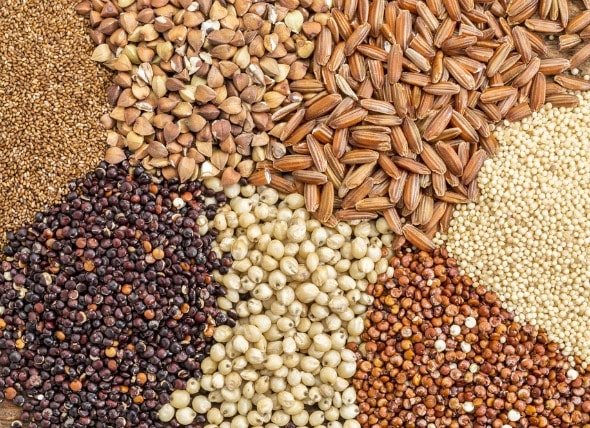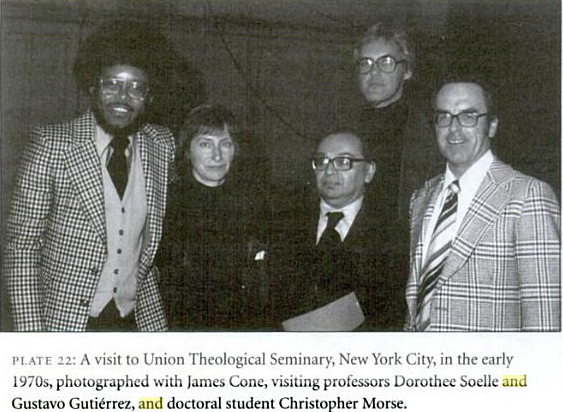River Needham M.A., queeries the Tanakh reading.
Tanakh: Exodus 16:2-15
In the wilderness, the whole Israelite community grumbled against Moses and Aaron. The Israelites said to them, “If only we had died by the hand of the Becoming One in the land of Egypt, when we sat by the fleshpots, when we ate our fill of bread! For you have brought us out into this wilderness to starve this whole congregation to death.”
The Becoming One said to Moses, “I will rain down bread for you from the sky, and the people shall go out and gather each day that day’s portion—that I may thus test them, to see whether they will follow my instructions or not. But on the sixth day, when they apportion what they have brought in, it shall prove to be double the amount they gather each day.”
So Moses and Aaron said to all the Israelites, “By evening you shall know it was the Becoming One who brought you out from the land of Egypt; and in the morning you shall behold the Presence of the Becoming One, because they have heard your grumblings against the Becoming One. For who are we that you should grumble against us? Since it is the Becoming One,” Moses continued, “who will give you flesh to eat in the evening and bread in the morning to the full, because the Becoming One has heard the grumblings you utter against them, what is our part? Your grumbling is not against us, but against the Becoming One!”
Then Moses said to Aaron, “Say to the whole Israelite community: Advance toward the Becoming One, for They have heard your grumbling.”
And as Aaron spoke to the whole Israelite community, they turned toward the wilderness, and there, in a cloud, appeared the Presence of the Becoming One. The Becoming One spoke to Moses: “I have heard the grumbling of the Israelites. Speak to them and say: By evening you shall eat flesh, and in the morning you shall have your fill of bread; and you shall know that I the Becoming One am your God.” In the evening quail appeared and covered the camp; in the morning there was a fall of dew about the camp. When the fall of dew lifted, there, over the surface of the wilderness, lay a fine and flaky substance, as fine as frost on the ground. When the Israelites saw it, they said to one another, “What is it?”—for they did not know what it was. And Moses said to them, “That is the bread which the Becoming One has given you to eat.
What are fleshpots?
Where do we reject the God of Liberation?
-----
Rev. Emily E. Ewing queeries the Gospel reading.
Gospel: Matthew 20:1-16
“For the reign of heaven is like a landowner who went out early in the morning to hire laborers for their vineyard. 2After agreeing with the laborers for the usual daily wage, they sent them into the vineyard.
3When they went out about nine o’clock, they saw others standing idle in the marketplace 4and said to them, ‘You also go into the vineyard, and I will pay you whatever is right.’ So they went.
5When the landowner went out again about noon and about three o’clock, they did the same. 6And about five o’clock they went out and found others standing around and said to them, ‘Why are you standing here idle all day?’
7They said to the landowner, ‘Because no one has hired us.’
The landowner said to them, ‘You also go into the vineyard.’
8When evening came, the owner of the vineyard said to their manager, ‘Call the laborers and give them their pay, beginning with the last and then going to the first.’ 9When those hired about five o’clock came, each of them received the usual daily wage.
10Now when the first came, they thought they would receive more; but each of them also received the usual daily wage. 11And when they received it, they grumbled against the landowner, 12saying, ‘These last worked only one hour, and you have made them equal to us who have borne the burden of the day and the scorching heat.’
13But the landowner replied to one of them, ‘Friend, I am doing you no wrong; did you not agree with me for the usual daily wage? 14Take what belongs to you and go; I choose to give to this last the same as I give to you. 15Am I not allowed to do what I choose with what belongs to me? Or are you envious because I am generous?’ 16So the last will be first, and the first will be last.”
Queeries for the text:
How would the world be different if no one were forced to work in order to survive?
Why didn't anyone hire the 5pm laborers?
What impact did finally getting hired have on them?
What happens if God is the person at 5pm with no work?
Who is the real enemy?
What does friend mean?
What if no one was last or first?
What are your queeries?

























